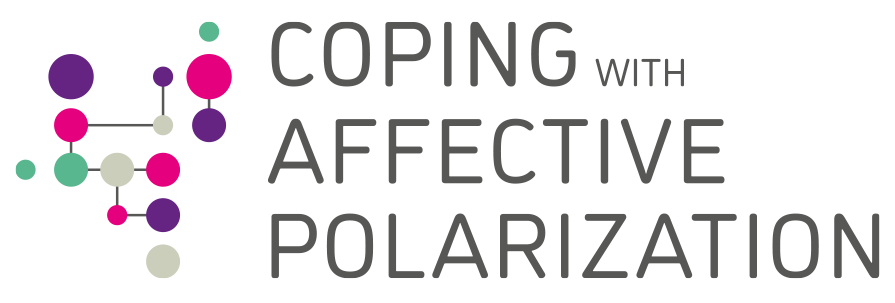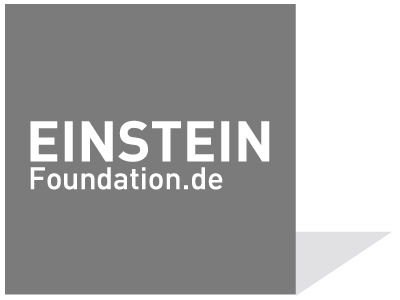
Projektverantwortung:
Prof. Dr. Christian von Scheve
Projektleitung:
Prof. Dr. Denis Gerstorf, Prof. Dr. Ursula Hess, Prof. Dr. Jan Slaby, Prof. Dr. Christian von Scheve
Postdoktorand:innen:
Dr. Stefanie Hechler
Doktorand:innen:
Diego Dametto
Soziale Begegnungen spielen eine zentrale Rolle für die Entwicklung von und den Umgang mit affektiver Polarisierung. Während positive Interaktionen zwischen Personen mit gegensätzlichen politischen Ansichten oft als Mittel zur Verringerung von Feindseligkeit angesehen werden, können solche Begegnungen auch Polarisierung verstärken. Wir konzentrieren uns auf nonverbales Verhalten und emotionale Ausdrucksformen in politischen Begegnungen. Insbesondere untersuchen wir emotionale Ansteckung und soziale Nachahmung, um zu verstehen, wie Emotionen zwischen Individuen übertragen werden. In politischen Kontexten können diese emotionalen Ausdrücke sozialen Zusammenhalt und gegenseitiges Verständnis fördern, aber auch zur Entstehung kollektiver Emotionen und politischer Mobilisierung beitragen
Fragestellungen und Ziele
Der Forschungsstrang „Soziale Interaktionen“ zielt darauf ab, unser Verständnis der psychosozialen Mechanismen zu vertiefen, die soziale Interaktionen innerhalb und zwischen politisierten Gruppen formen und wie diese Interaktionen affektive Polarisierung beeinflussen. Unsere Forschungsaktivitäten orientieren sich an verschiedenen Fragestellungen, wie:
Unser interdisziplinäres Forschungsteam geht diesen Leitfragen nach, indem es sich auf vier Hauptforschungsbereiche konzentriert:
FORSCHUNGSBEREICHE

